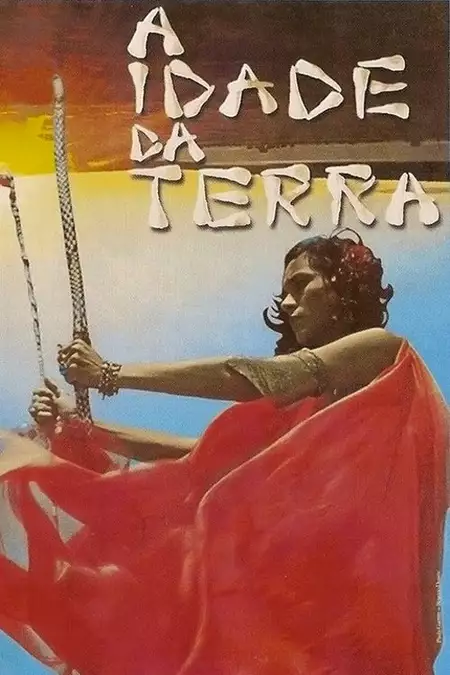Biography
Antônio Frederico de Castro Alves (14 March 1847 – 6 July 1871) was a Brazilian poet and playwright famous for his abolitionist and republican poems. One of the most famous poets of the Condorist movement, he wrote classics such as Espumas Flutuantes and Hinos do Equador, which elevated him to the position of greatest among his contemporaries, as well as verses from poems such as "Os Escravos" and "A Cachoeira de Paulo Afonso", in addition to the play Gonzaga, which earned him epithets such as "O Poeta dos Escravos" (The Poet of the Slaves) and "republican poet" by Machado de Assis, or descriptions of being "a national poet, if not more, nationalist, social, human and humanitarian poet", in the words of Joaquim Nabuco, of being "the greatest Brazilian poet, lyric and epic", in the words of Afrânio Peixoto, or even of being the "walking apostle of Condorism" and "a volcanic talent, the most enraptured of all Brazilian poets", in the words of José Marques da Cruz. He was part of the romantic movement, being part of what scholars call the "third romantic generation" in Brazil.
Alves began his major production at the age of sixteen, beginning his verses for "Os Escravos" at seventeen (1865), with wide dissemination in the country, where they were published in newspapers and recited, helping to form the generation that would come to achieve the abolition of slavery in the country. Alongside Luís Gama, Nabuco, Ruy Barbosa and José do Patrocínio, he stood out in the abolitionist campaign, "in particular, the figure of the great poet from Bahia Castro Alves". José de Alencar said of him, when he was still alive, that "the powerful feeling of nationality throbs in his work, that soul that makes great poets, like great citizens". His greatest influences were the romantic writers Victor Hugo, Lord Byron, Lamartine, Alfred de Musset and Heinrich Heine.
Historian Armando Souto Maior said that the poet, "as Soares Amora points out 'on the one hand marks the arrival point of romantic poetry, on the other hand he already announces, in some poetic processes, in certain images, in political and social ideas, Realism'. Nevertheless, Alves must be considered the greatest Brazilian romantic poet; his social poetry against slavery galvanized the sensibilities of the time". Manuel Bandeira said that "the only and authentic condor in these bombastic Andes of Brazilian poetry was Castro Alves, a truly sublime child, whose glory is invigorated today by the social intention he put into his work".
In the words of Archimimo Ornelas, "we have Castro Alves, the revolutionary; Castro Alves, the abolitionist; Castro Alves, the republican; Castro Alves, the artist; Castro Alves, the landscaper of American nature; Castro Alves, the poet of youth; Castro Alves, universal poet; Castro Alves, the seer; Castro Alves, the national poet par excellence; finally, in all human manifestations we can find that revolutionary force that was Castro Alves" and, above all, "Castro Alves as the man who loved and was loved". Castro Alves' biography at the official site of the Brazilian Academy of Letters (in Portuguese)
Works by or about Castro Alves at Internet Archive
Works by Castro Alves at LibriVox (public domain audiobooks)
Espumas fluctuantes: poeias, Bahia, 1870, at the National Library of Portugal
Filmography
all 1
Movies 1
Writer 1
Information
Known ForCrew
GenderMale
Birthday1847-03-14
Deathday1871-07-06 (24 years old)
Birth NameAntônio Frederico de Castro Alves
RelationshipsEugênia Câmara (1866-01-01 - 1868-08-28)
SiblingsAmélia de Castro Alves
CitizenshipsBrazil
This article uses material from Wikipedia.
Last updated:
 Castro Alves
Castro Alves- Filmography
- Information
